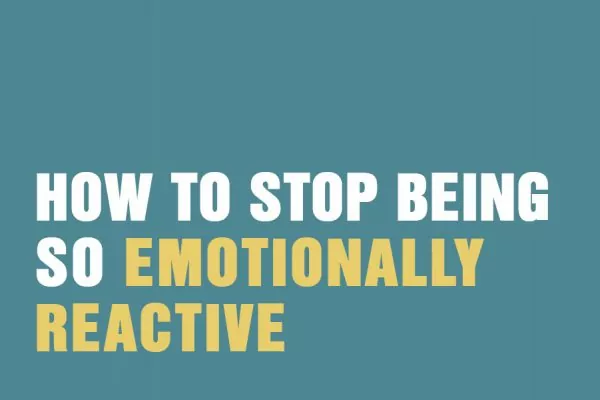If you are in a bad mood, go for a walk.
If you are still in a bad mood, go for another walk. Hippocrates
Walking is one of the most easily accessible and versatile fitness activities. As more people have taken up walking during the coronavirus lockdown – even to have some time outside the home each day – walking is also proving to be beneficial to our mental and emotional wellbeing. There is something about putting one foot in front of the other that helps to ground and centre you. If you walk regularly then you will gradually notice improvements in your fitness and your mood.
Here are some of the ways walking can benefit your mental health:
Give yourself a moment before you react
A walk round the block can help take you away from a current stressor and reduce your emotional reactivity. Take a slow stroll to clear your head and give yourself time to think. Removing yourself from a situation that may be triggering for you can stop you from saying or doing something you’ll regret later. Even a brief walk can buy yourself some time to gain new perpective and work out what you really want to do or say.
Allow the feelgood factor
Walking is one of those activities that you can dial up or dial down. A slower walk may be more meditative and soothing. Quicken your pace and you can raise your heartrate and stimulate the feelgood chemicals in your brain. This can help boost your energy levels, as well as reducing feelings of stress and anxiety.
Stimulate your senses
The Woodland Trust says that walking through woodland can offer “a real treat for the senses”, with lots of different things to see, hear, smell and touch. Being in touch with those sense – and keeping curious about how the environment changes every day – can help you feel energised and alive.
Relieve your stress
The National History Museum found that three-quarters of people noticed louder birdsong during lockdown – possibly because there was less man-made noise around. However, many of the study participants noted that the sound of birds tweeting offered “some relief from mental fatigue and stress”.
Sharpen your thinking
Research from Harvard Medical School says that even 30 minutes of brisk walking “can improve brain health and thinking skills” as well as slowing cognitive decline and reducing the risk of dementia. Doing exercise before a mental task “may quicken reaction time and sharpen decision making”.
Boost your creativity
A Stanford University study found that walking can boost a person’s creative inspiration by up to 60%. This uplift can happen during and after a walk – whether the person is on a treadmill indoors looking at a boring wall, or whether they’re hiking through nature with beautiful views. The creative effect lasts until they’re sitting down at their desks again.
Strengthen your resilience
Regular walking can help you feel less bothered by everyday annoyances and more able to cope with what life throws at you. You can gain perspective on recent events and create some distance from them. Walking really can help dissipate that bad mood.
So, lace up your walking boots and head out of the door for a few moments of calm, perspective and hope.
If you’re finding it hard to manage your stress or anxiety levels and feel you’d like to talk to someone about how to cope then get in touch with us today. We have a team of therapists offering sessions seven days a week from our centres in Clapham and Tooting. Call 020 8673 4545 or email [email protected] to book.







